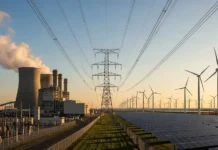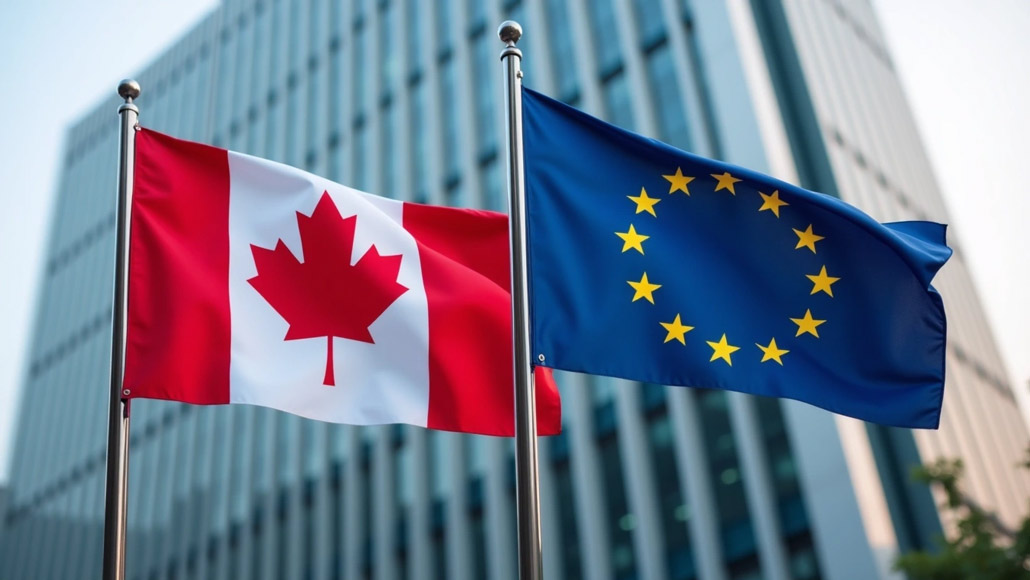Canada’s prime minister, Mark Carney, has pledged significant investments in infrastructure to facilitate Energy and critical mineral exports to Europe, including Germany and other markets in an effort to position itself as a leading supplier to European markets. While questions remain over timelines, demand levels, and environmental considerations, the effort signals Canada’s ambition to become a strategic partner in Europe’s energy transition and resource security.
During his visit to Berlin, Carney underlined that Canada’s government is preparing to expand infrastructure to enable energy and critical mineral exports to Europe.
“The number one focus of this government is to build that infrastructure, and particularly infrastructure that helps us deepen our partnership with our European partners and particularly Germany,” he said during a joint press conference with German chancellor Friedrich Merz.
Responding to questions on Canada’s realistic contribution, given that port and pipeline capacity on the East Coast remains limited, Carney explained: “There is a huge range of immediate opportunities with respect to critical metals and minerals, and there are medium term opportunities with respect to all forms of energy, including LNG and hydrogen.”Â
The government has begun mobilising significant investments, with Carney noting that his government is “in the process of unleashing half a trillion dollars of investment” in ports, energy, and intelligence infrastructure. This includes “reinforcing the port of Montreal, Contrecoeur, a new port, effectively, in Churchill, Manitoba, which would open up enormous LNG plus other opportunities, and other east coast ports for those critical minerals.” He added.Â
Analysts express doubt, stressing that no East Coast LNG export projects are yet under construction, though discussions continue between Canadian and German industry players. The German Gas and Hydrogen Industry association welcomed the initiative as an important opportunity to diversify supply. While European demand for gas is projected to decline in the long run, current industry requirements ensure continued near-term interest, particularly as Germany builds out its import terminals.
Canada is preparing for the time when demand for fossil fuel declines in the European market as well. Hodgson stressed that “Canadian hydrogen will support your transition to clean energy, and away from relying on Russia or other unreliable sources,” as production facilities on Canada’s East Coast are located less than 3,000 nautical miles from German ports.
Along with energy, Canada and Germany agreed on a joint declaration of intent to enhance cooperation on critical minerals. The partnership emphasizes diversifying the supply of critical minerals, which are important for the defense sector, energy transition and clean technologies. As Hodgson noted, “On rare earths, Canada is in a position to develop the only mine-to-magnets complete supply chain outside of China in the world,” German economy minister Katherina Reiche added that reliable raw material supply remains crucial to the competitiveness of their economy.
Three memoranda of understanding between German and Canadian companies were also signed to enhance collaboration in extraction and processing.Â










































